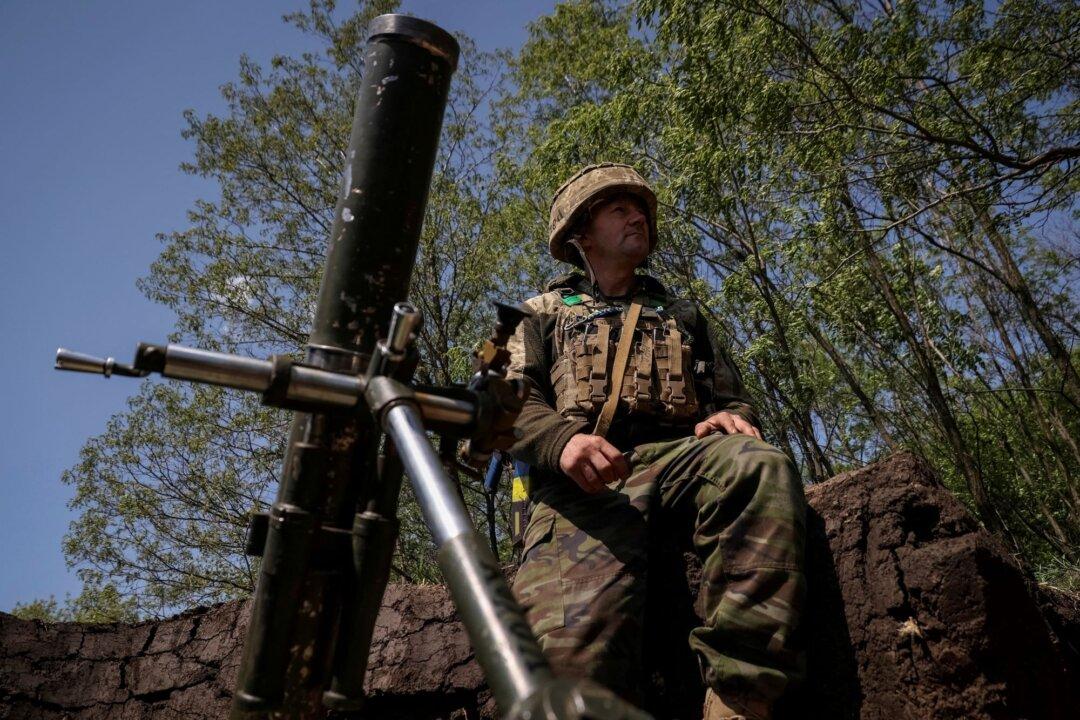The FBI assisted a Ukrainian intelligence service in its attempt to block numerous Twitter accounts, including journalists and media outlets, according to internal documents leaked from the social media platform.
On Wednesday, journalist Aaron Maté published the latest installment of the ongoing “Twitter Files” exposé series. Maté’s latest installment of Twitter internal documents and communications highlighted a March 27, 2022, email sent by FBI Special Agent Aleksandr Kobzanets to Yoel Roth, Twitter’s then-Head of Trust and Safety.





